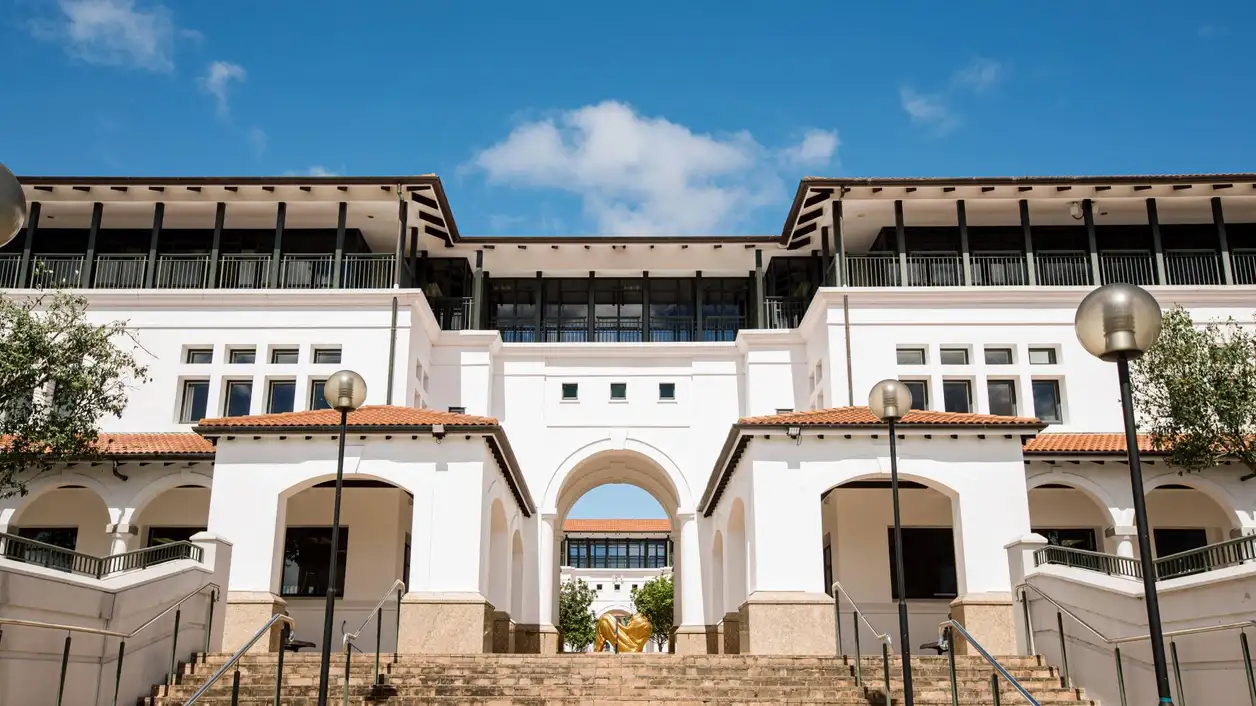At Massey, we offer 160 qualifications and over 3,000 courses. A qualification is what you work towards during your time studying at Massey. This may be a bachelor’s degree, a diploma or a certificate, a master's degree or a doctorate like a PhD. Qualifications are made up of courses.
Explore study areas
Explore what we have to offer in the subject areas you're interested in, and where studying with us might take you.
Business
Creative arts
Health
Humanities & social sciences
Sciences
Study with us as an international student
Develop critical thinking, communication and teamwork in top-class qualifications. Get practical skills and a global outlook at Massey.




Postgraduate study
If you want to study at an advanced level, get ahead and expand your knowledge, a postgraduate qualification is for you.




Short courses & micro-credentials
Expand your horizons by taking a Massey short course or micro-credential.




Where you can study
Take a look at where you can study with Massey and what each location or study mode has to offer.
Study on the Auckland campus
Learn in state-of-the-art science, technology and finance facilities, then take a break at the sandy beaches nearby.




Study on the Manawatū campus in Palmerston North
Join a thriving student community at Massey's first campus. Learn from world experts in agriculture, aviation, Māori visual arts and more.




Study on the Wellington campus
Get inspired at Massey's creative campus in Wellington – a friendly city buzzing with art and culture.




Distance & online study
Learn about distance and online study at Te Kunenga ki Pūrehuroa Massey University: how it works, what it costs, who can do it and how we support you.




Massey Global
Start your pathway to Massey outside New Zealand and finish with us. Or study in your country with one of our partners.




